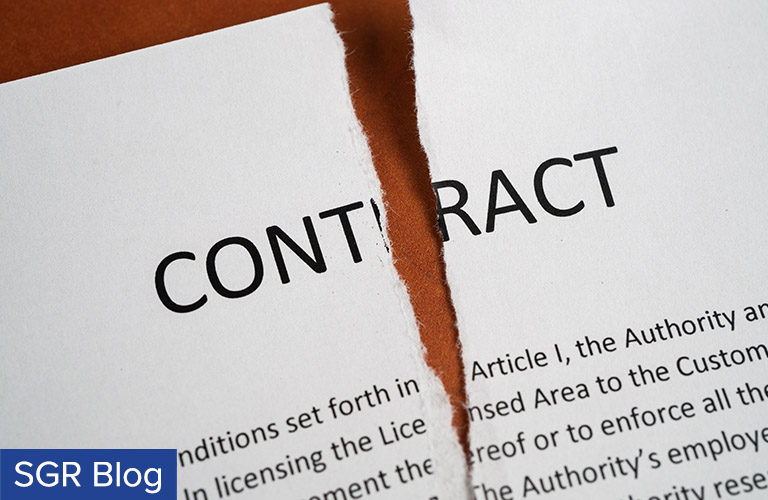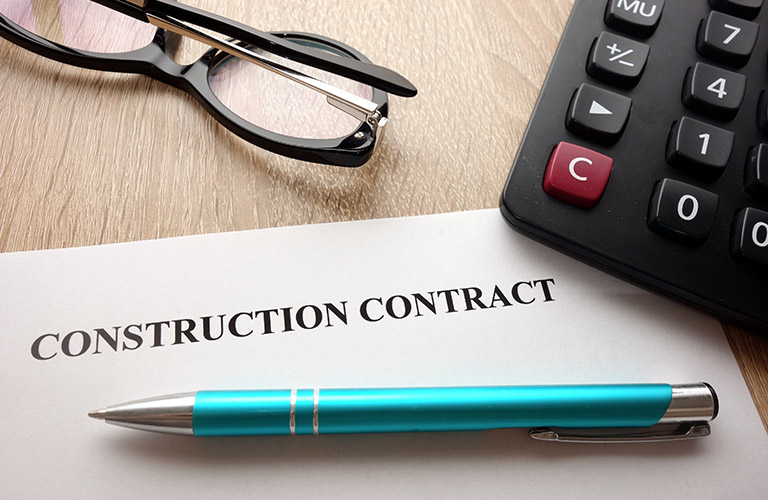
A recent decision by the Georgia Court of Appeals will force most construction professionals to radically change their view of the scope and effect of statutory lien waivers in the state of Georgia. In ALA Construction Services, LLC v. Controlled Access, Inc., the Court of Appeals held that a lien claimant’s executed statutory lien waiver waived not only the claimant’s lien right but also rights the claimant may have to bring a related breach of contract action.[1] In ALA Construction, ALA Construction Services, LLC (“ALA”), contracted with Controlled Access, Inc. (“Controlled Access”), to provide equipment and other services for a project… Read more










